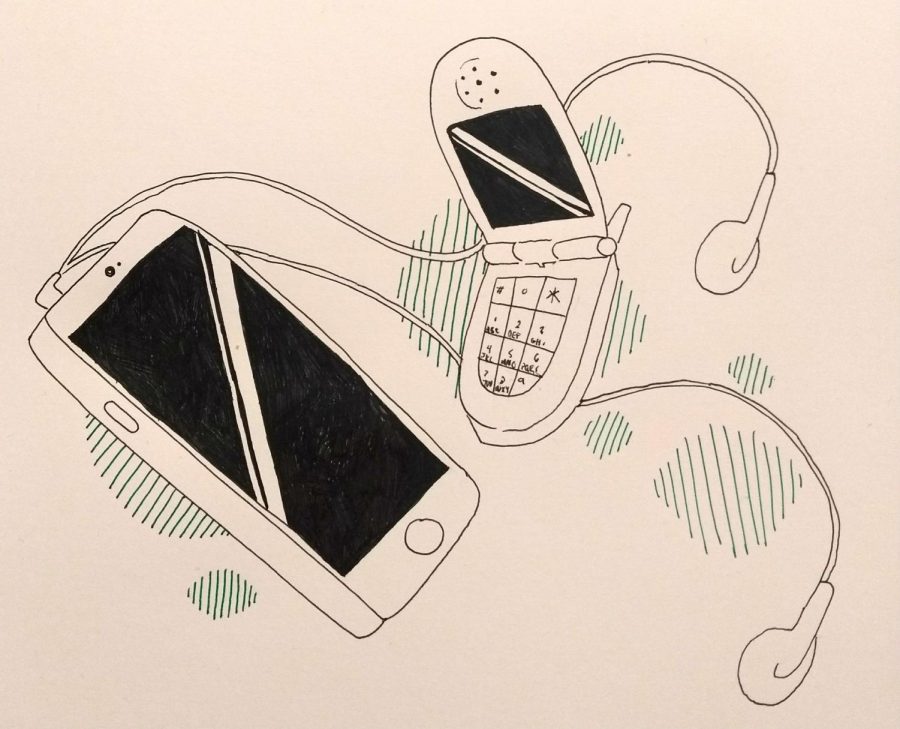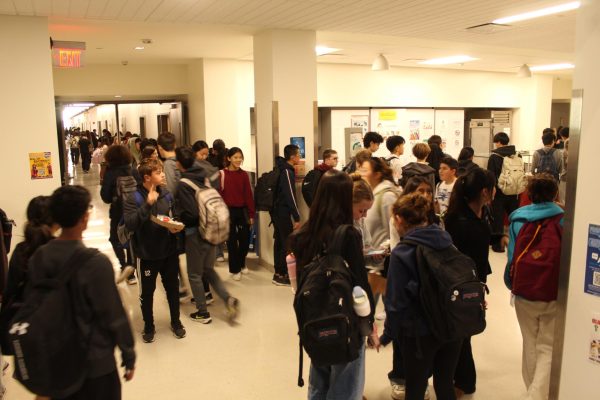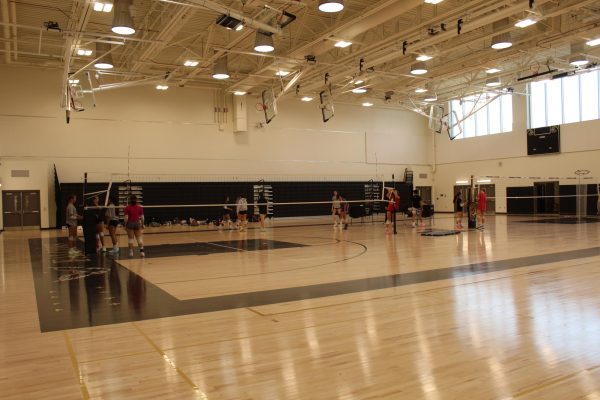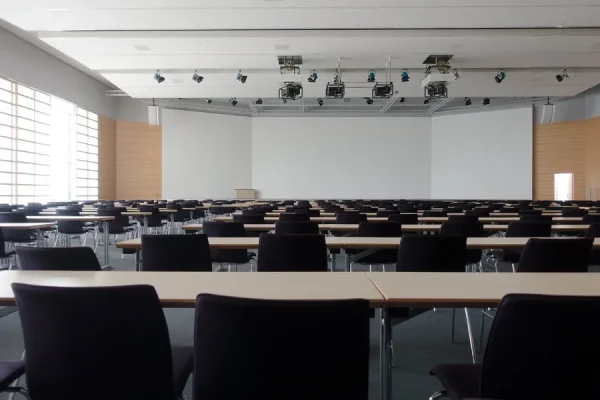New cell phone policy implemented to address disruptions to student learning
The Instructional Leadership Team (ILT) at PHS met for five days over the summer to formulate a new cell phone policy. This cell phone policy, implemented at the beginning of the 2018-2019 school year, took cell phone use out of teacher discretion and established an official school wide policy.
The new cell phone policy dictates that student cell phones must remain in backpacks. If students do not follow this policy, teachers may give one verbal warning and contact the parent. Future infringements may lead to students not being allowed to carry their cell phone with them on campus. Additional violations of the policy are to be reported to the administration.
In preparing the policy, ILT teachers invited student leaders for a day and asked them questions about cheating and cell phone use. The representatives indicated that the student body was in need of some sort of policy to regulate cell phone use and that cheating was a problem.
According to a study done by McAfee Security, a cyber security software company, in 2017 alone, 29% of students in the United States said they’ve used cell phones at least once to cheat on a test and 62% have seen and heard of another student using a device to cheat.
In her annual welcome letter, Poolesville Principal Deena Levine stated that cell phones “are very important to the students but their use in class is becoming a major intrusion to the learning process.”
Similarly, a study by Rutgers University found that students who used cell phones in the classroom scored about half a letter grade lower in exams than students who didn’t.
English Resource Teacher Mr. Daniel McKenna, cited a “groundswell” of teacher support for the policy. According to McKenna, staff and teachers were sending the message to their respective Resource Teachers that they “wanted a more consistent enforcement of a positive learning environment.”
The ILT had looked at other MCPS schools cell phone policies, such as at Bethesda Chevy Chase High School based off those schools, made sure to include rationale in this new cell phone policy.
According to Levine’s welcome letter, this new cell phone policy was partially addressing the fact that parents were calling and texting students during class. For this reason, the school specifically asked them not to contact their students during the school day – providing them with other avenues to do so, such as calling the main office.
In addition, McKenna said the presence of Chromebooks was one of the leading reasons that cell phones were deemed unnecessary in the classroom.
However, Senior Humanities student Maria Guo expressed that “[the cell phone policy] is not really being enforced.” claiming that she hadn’t seen “a change from last year.”
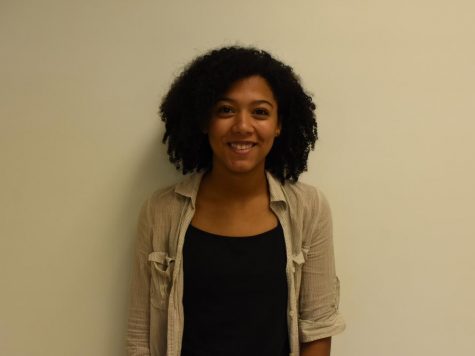
Leeah is a Senior in the humanities program. This is her first year writing for the Pulse but she’s been reading it since her freshman year. Apart from...


